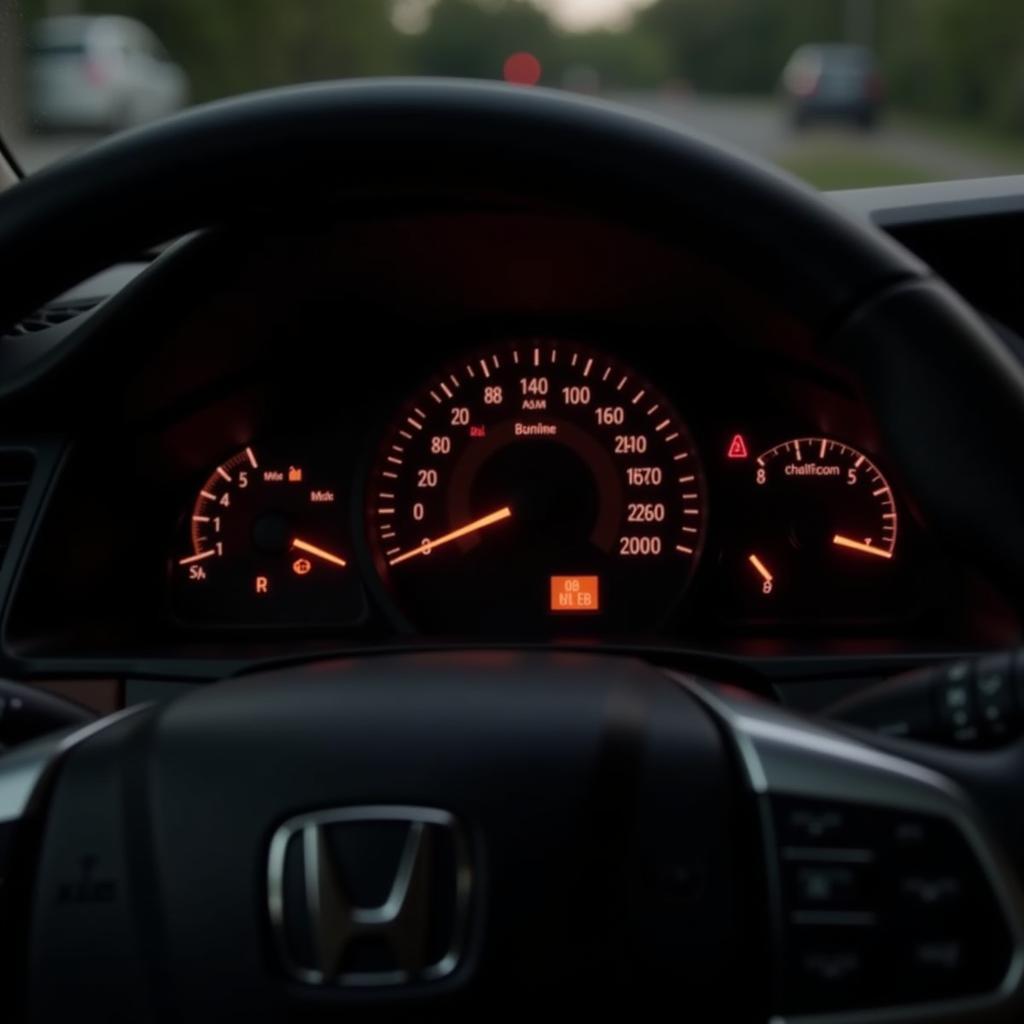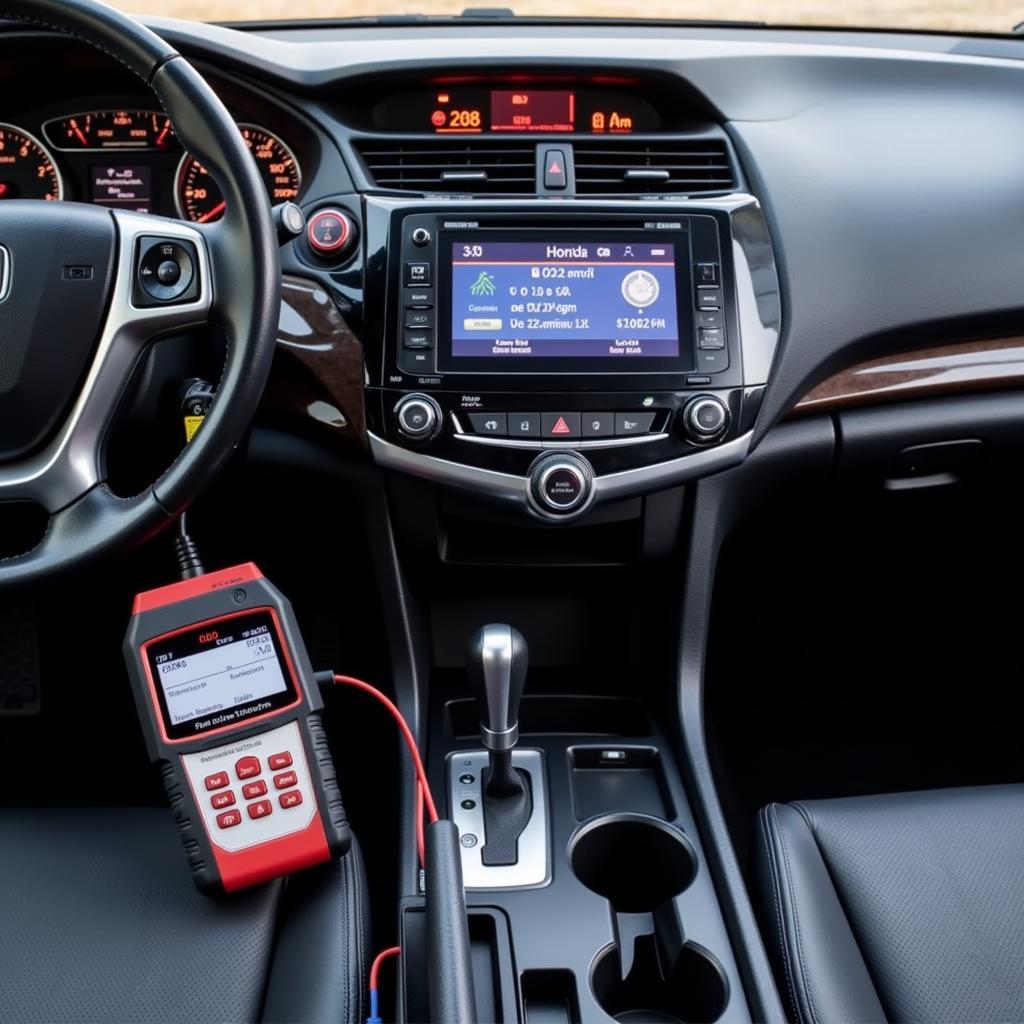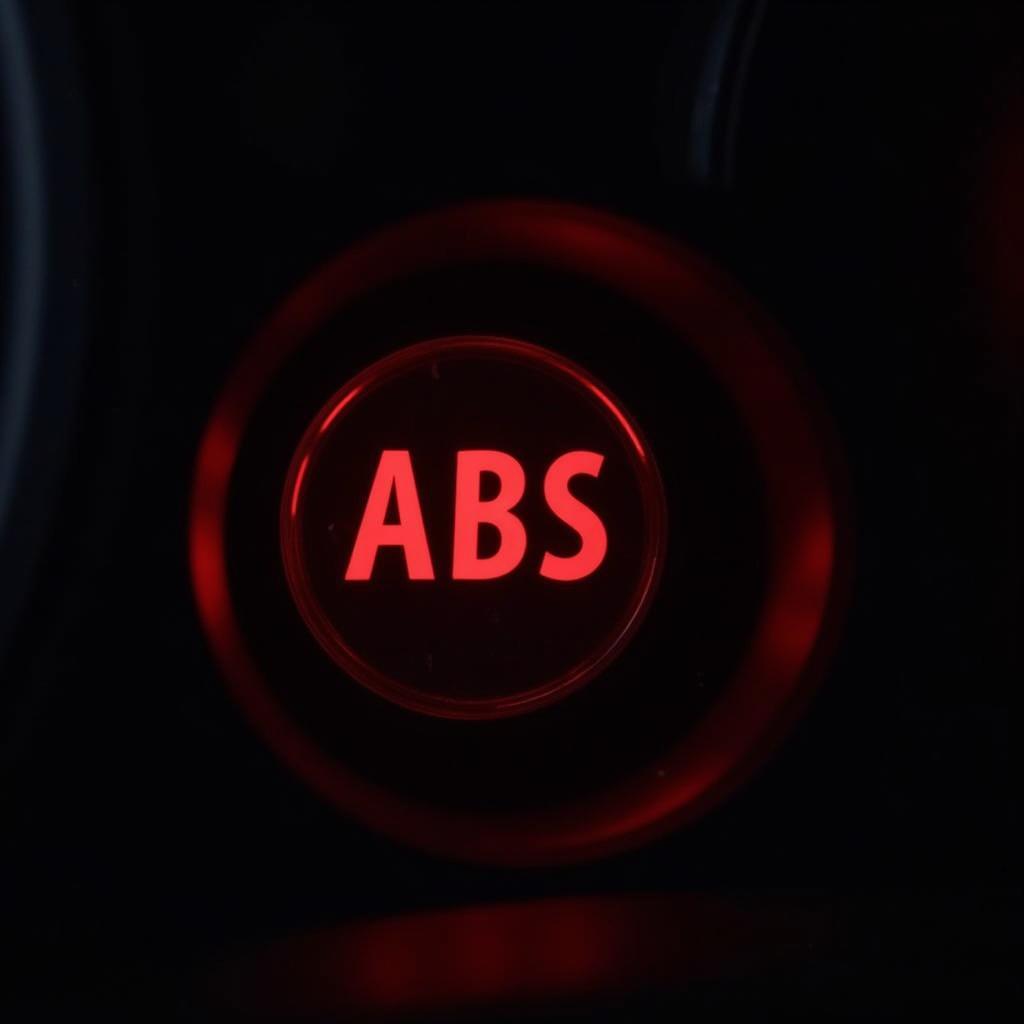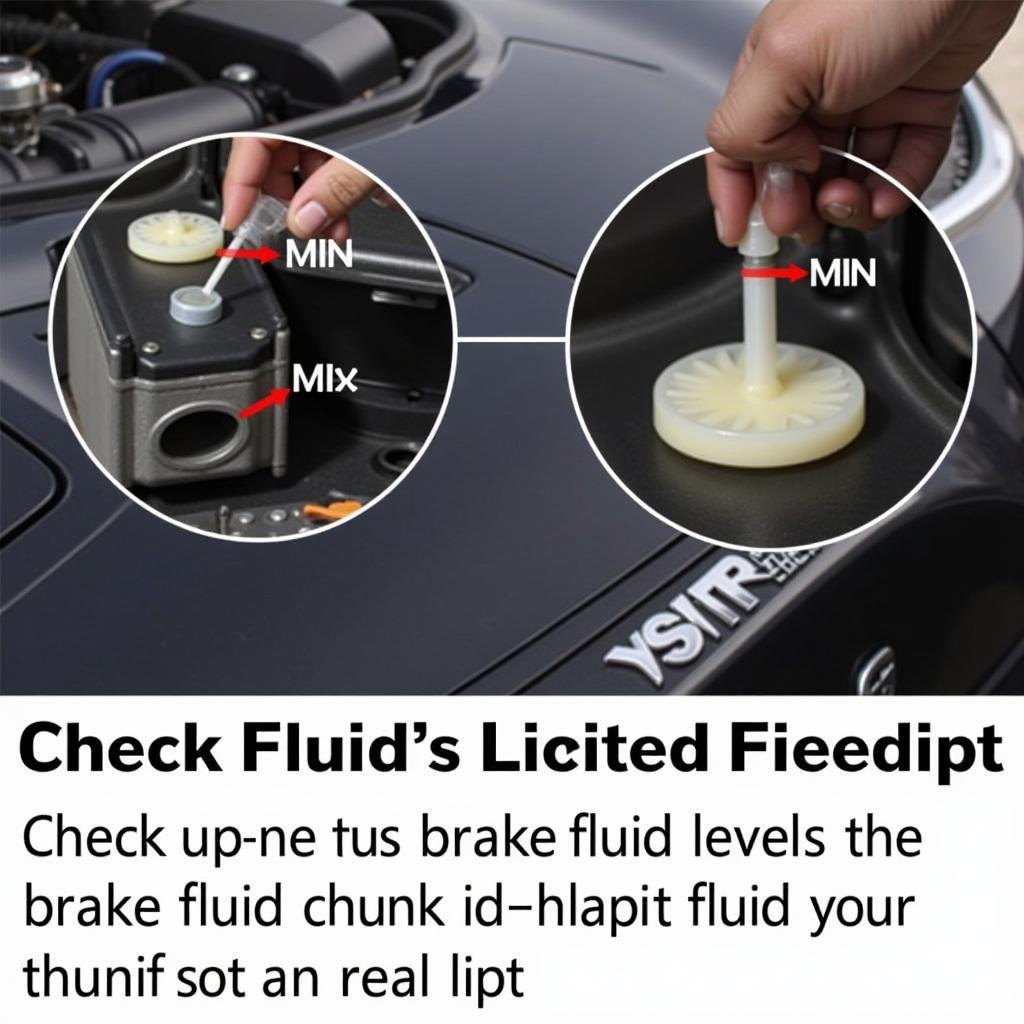The Accord brake actuator and forward collision warning system are crucial safety features. When these systems malfunction, it can be concerning and potentially dangerous. This article provides a comprehensive guide to understanding, troubleshooting, and resolving issues related to the Accord brake actuator and forward collision warning.
Understanding the Accord Brake Actuator and Forward Collision Warning System
The brake actuator is the heart of your Accord’s braking system, translating the force applied to the brake pedal into hydraulic pressure that activates the brakes. The forward collision warning (FCW) system uses sensors, typically radar or cameras, to detect potential collisions. If a collision is imminent, the system alerts the driver with visual and audible warnings. These two systems often work in tandem, with the FCW system potentially engaging the brakes through the actuator in emergency situations.
Common Issues with the Accord Brake Actuator and FCW
Several problems can arise with these systems, including:
- Illuminated Warning Lights: The most common sign of a problem is the illumination of warning lights on the dashboard, such as the brake system warning light or the FCW indicator.
- Intermittent or Erratic Braking: A malfunctioning brake actuator can cause inconsistent braking performance.
- False FCW Alerts: The FCW system might issue warnings even when there’s no imminent danger.
- No FCW Warnings: Conversely, the system might fail to issue warnings when a collision is likely.
- Stiff Brake Pedal: This can indicate a problem with the brake actuator or other components of the braking system.
 Accord Brake Actuator Warning Light on Dashboard
Accord Brake Actuator Warning Light on Dashboard
Diagnosing the Problem
Diagnosing these issues requires specialized diagnostic equipment. Connecting a scanner to the Accord’s OBD-II port allows access to the vehicle’s diagnostic trouble codes (DTCs). These codes pinpoint the specific areas experiencing problems.
Using Diagnostic Trouble Codes (DTCs)
DTCs provide valuable insights into the nature of the malfunction. For example, a specific DTC related to the brake actuator might indicate a faulty sensor, a wiring issue, or a problem within the actuator itself. Similarly, DTCs for the FCW system can point to problems with the radar/camera, the control module, or the wiring harness.
 Connecting an OBD2 Scanner to Diagnose Accord Problems
Connecting an OBD2 Scanner to Diagnose Accord Problems
Remote Software Solutions and Programming
In many cases, problems with the Accord’s brake actuator and FCW system can be resolved through remote software solutions and programming. This involves updating the software that controls these systems, often addressing bugs or glitches that can cause malfunctions.
Benefits of Remote Programming
Remote programming offers several advantages:
- Convenience: No need to visit a repair shop, as updates can be performed remotely.
- Efficiency: Software updates are often quicker than physical repairs.
- Cost-effectiveness: Remote programming can be less expensive than replacing hardware components.
Seeking Professional Assistance
While some basic troubleshooting can be performed by the owner, it’s crucial to seek professional assistance for complex issues. A qualified automotive technician with expertise in Honda Accords and access to specialized diagnostic tools can accurately diagnose and resolve complex problems with the brake actuator and FCW system.
 Technician Performing Remote Diagnostics on a Honda Accord
Technician Performing Remote Diagnostics on a Honda Accord
Conclusion
The Accord brake actuator and forward collision warning system are essential safety components. Understanding their function and addressing potential issues promptly is crucial. Utilizing diagnostic tools, remote software solutions, and seeking professional help when necessary ensures optimal performance and safety for you and your passengers. Addressing any issues with your Accord brake actuator and forward collision warning is not something to postpone. Your safety depends on it.
FAQ
- What does the FCW warning light look like? The FCW warning light typically resembles a car with exclamation marks or brake lines in front of it.
- Can I drive my Accord with the FCW warning light on? While you can technically drive, it’s strongly recommended to have the system inspected as soon as possible.
- How much does it cost to replace a brake actuator? The cost varies depending on the model year and location, but expect to pay several hundred dollars.
- Is remote programming safe for my Accord? Yes, when performed by qualified professionals using approved software and equipment.
- How often should I have my Accord’s brake system inspected? At least once a year or as recommended in your owner’s manual.
- Can I disable the FCW system? Consult your owner’s manual, as the method varies between models. However, disabling safety features is generally discouraged.
- What should I do if my brakes feel spongy or unresponsive? Immediately pull over to a safe location and contact a qualified mechanic.


